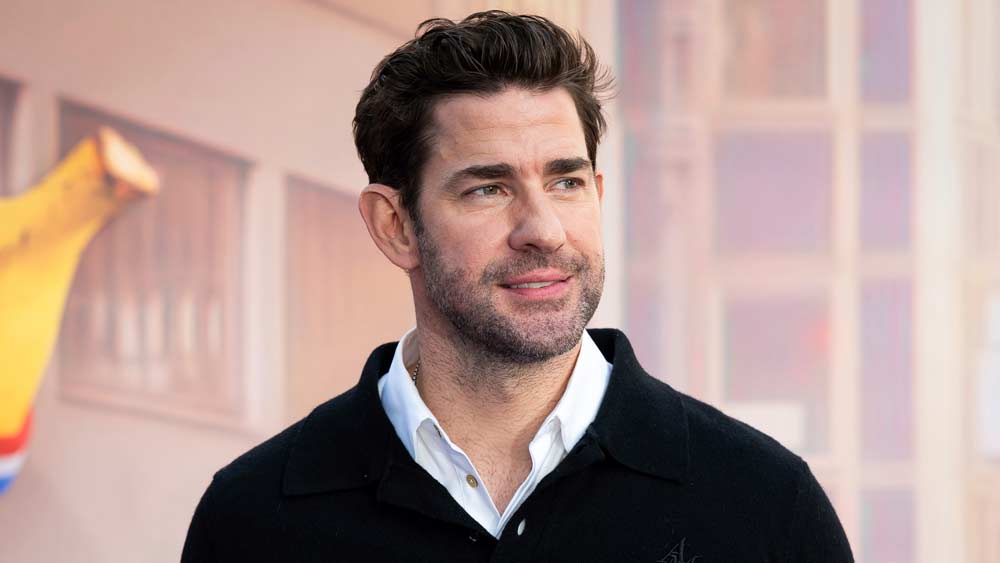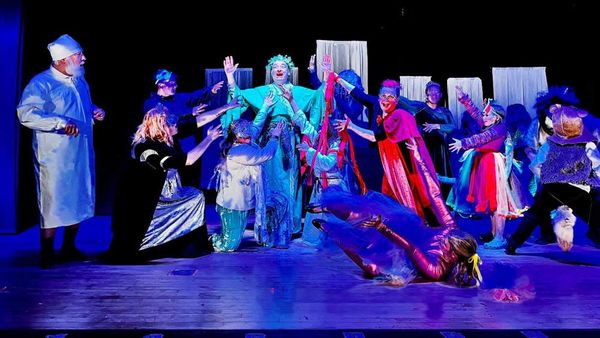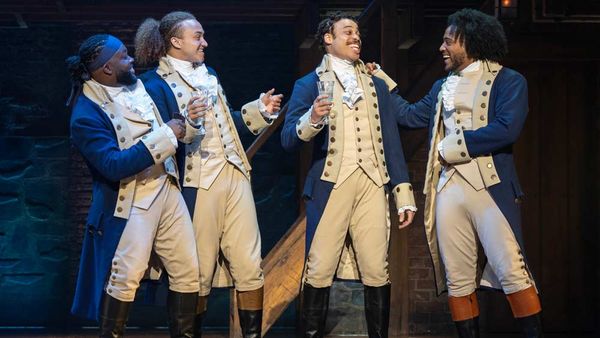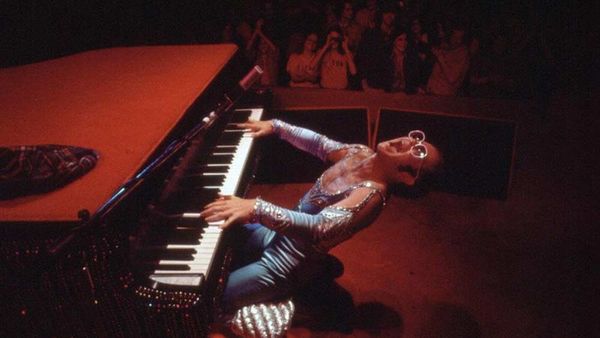July 20, 2012
The Queen of Versailles
Robert Nesti READ TIME: 5 MIN.
David Siegel thinks big, be it in creating Westgate Resorts, the largest time-share empire in the United States, or building the biggest residence in America, called Versailles, perched on a bluff in a gated community in Orlando, Florida. "Our house is like a convention center compared to the other houses here," Siegel told Bloomberg News earlier this year, and he doesn't exaggerate: Versailles has 90,000 square feet of living space.
Sixty percent complete and for sale (asking price 65 million down from 75 million), it acts as the compelling central image of "The Queen of Versailles," Lauren Greenfield's oddly trenchant documentary about the building of this Versailles, Siegel, his wife Jackie and their highs and lows over the past five years.
It's quite the story. What begins as a "rags to riches" story becomes "rags to riches to rags" story - a description that rankled Siegel, leading to a rift between him and Greenfield, along with a lawsuit filed as the film was being screened at Sundance this past January. (Greenfield won the Best Director Award at the Festival for the film.) Adding a bit of a bizarre twist, Jackie attended the premiere in a red mink coat and leopard-print mini-dress. According to Business Week, "She sat in the first row, waved to the audience, and hugged the director afterward."
Perhaps when the DVD comes out, Greenfield can add an appendix covering the rift; as it stands her film ends on a down note for Siegel as the Westgate (Siegel's company) portion of the sign at the top of PH Towers Westgate, his Las Vegas Xanadu he nearly bankrupted to keep, is turned off. The day before he sold the cobalt blue 52-story towers in order to save the rest of the Westgate properties. "Finally, I decided to cut off my arm to save the body. That was probably the hardest decision I ever made in my life," Siegel told Business Week.
Little wonder that at the film's end Siegel looks beaten, alone in his study surrounded by piles of papers and viewed through a doorway with his back to the camera. In a New York Times story, Siegel says that his irritated attitude came not from his financial woes, but from the fact that Greenfield was still filming. Whatever the reason, it's a stunning contrast to the Master of the Universe seen in the early on, when Siegel sits like a Medici prince boasting of his wealth and his political kingmaking. (The faux Renaissance portraits that dot the house are a hoot.) He even acts like a Medici: "I got George W. Bush elected president," he boasts after he's seen sitting in a throne (literally). "I'd rather not say it. It may not necessarily have been legal." (This tantalizing tidbit isn't followed up on.)
Every king has his queen; in Siegel's case it is Jackie, a former beauty queen, thirty years his junior, mother of his seven children (an eighth is her niece whom she took in when her sister died) who acts like the most likable reality show housewife the one-percent could ever produce. (Imagine what the film would be like if it followed Ann Romney around for a few years.) David describes his wife as "a psycho, but a lovable psycho. She does everything to the extreme."
Early in the film she brings a friend to walk through Versailles, which resembles the shell of a gambling casino not a residence. When the woman asks if a vast, framed room is her bedroom. Jackie laughs and says, no, it's her closet, in a voice closer to an apology than a boast. This humility proves to be Jackie's saving grace. In a story filled with ostentatious wealth - much of it, oddly, with Jackie as its center - she never appears to lose her upstate New York working class roots. She's like a Disney cartoon character come to life - she even says that the fireworks from Disneyworld can be seen from the upper floors of Versailles. Hers is the American Dream of limitless consumption come true.
But what happens to Jackie and David curiously echoes the American Nightmare that has persisted over the past five years. Midway through, the film's mood changes: Lehman collapses, then Wall Street, then the world economy. Within weeks David - who, though considered a billionaire, ran his empire on the margin and is in deep trouble. The banks have stopped lending to his customers, some of whom shouldn't have been considered mortgage-worthy in the first place; and the banks take over Westgate. With a grim transparency, Greenfield follows David's struggles to keep his Vegas property. Jackie leads a tour of Westgate's Orlando headquarters, stopping to gaze at an office filled with empty cubicles and expressing genuine concern for those that have lost their jobs. The impression that Westgate is a failed business is part of the lawsuit that Siegel has filed against the film: it was reported that he feels he was hoodwinked. He wanted the film to end with Wagnerian swells and images of him ascending into the heavens. (I am not kidding - it was what he told the New York Times.)
What sets "The Queen of Versailles" apart from its reality show cousins is how it refracts the struggles that many Americans have faced over the past few years. Though skewed through a funhouse mirror, it is an oddly relatable experience. Like many, Siegel ran his finances from week-to-week, only at an epic scale. One reason Siegel and his wife allowed Greenfield into their lives is hubris - a sense of showing off to the world. They've lived the American Dream and their excessive consumption is the proof. When the bottom falls out, their suffering is more humiliating than palpable: they still live in a 35,000 square foot house, only with one maid, not a staff. While there are shots of dog poo on the rugs (Jackie has eight dogs), their downsized life remains lavish by any standard. Still the shots of Jackie shopping at Wal-Mart for Christmas presents and lamenting that she misses her assistant (that organized events like the holiday party that ends the film) only elicit feelings of schadenfreude. "The Queen of Versailles" is like a pilot to "The Trophy Wives of the One-Percent," with Jackie as its amiable star. Her motto, though, wouldn't be, "Let them eat cake," it would be, "Let me eat cake. And why not?"
Robert Nesti can be reached at [email protected].







